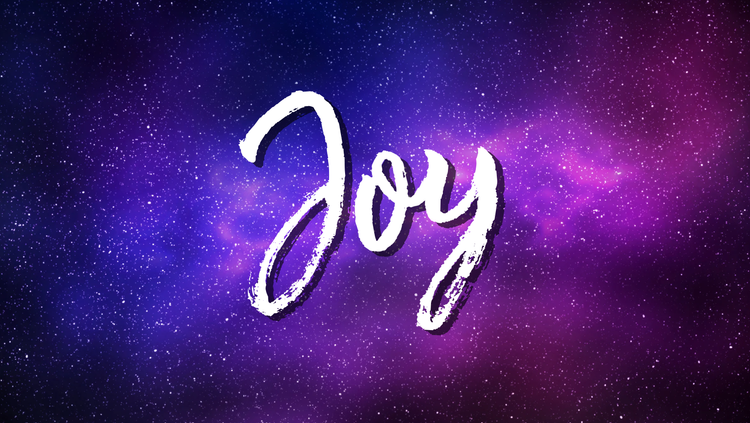Imagining the Upside-Down Kingdom

Part Three: A Few Thoughts On Politics
"The history of God's faithfulness unfolds in strange, upside-down ways. The world of the kingdom is an alternative political world altogether with options not available in the world of kings."
--Tim and Shawna Gaines, "Kings and Presidents"
In a world often dominated by the 'kings', where power, control, and authority dictate the course of events, the narrative within 2 Kings 8:37 offers a strikingly different perspective. It unfolds the history of God's faithfulness in ways that defy conventional logic, presenting a political world with unseen alternatives. This is not just a tale of biblical history but a testimony to the possibilities available to God's people that are not as readily accessible in the realm of worldly kings.
In 2 Kings 8:37, the story unfolds with Elisha, the prophet, guiding the Shunammite woman, whose son he had previously revived, instructing her to flee the impending famine. Demonstrating deep compassion and wisdom, Elisha's counsel leads to the preservation of her household. As events progress, this holy narrative reflects God's unwavering sovereignty and the benevolent care He extends to those who trust in Him. Even amidst prevalent injustice and human failure, the divine promise remains steadfast, offering new beginnings and hope to the faithful.
In the shadows of earthly dominions, God's upside-down kingdom unveils a divine narrative where wisdom and mercy triumph over power, offering hope and new beginnings to the faithful.
Walter Brueggemann refers to this as a 'testimony to otherwise.' It is the ability given to the people of God to envision and inhabit an alternative world, led by God's spirit, which shatters categories and forms new worlds. In other words, even though we live in a particular form of political reality, as God's people, we have the ability to see a different world – another kingdom, if you will – in which we live and move and have our being.
The real stuff of creation—the tangible and intangible aspects of life—has never been the exclusive property of governments and earthly kingdoms. God's work has always involved the real, everyday experiences of humanity. The key question becomes, where will we assign our hope? In the shifting sands of earthly kingdoms or in the steadfast faithfulness of God?
In the midst of fleeting earthly powers, let us place our hope in the eternal vision and mercy of God's kingdom, where new life and divine wisdom weave through every fiber of creation.
Throughout history, we observe a continuity in God's faithfulness that transcends generations. The story of God's unyielding commitment to His people is not confined to one era; it speaks from one generation to the next, unfaltering even amidst change. God's presence does not diminish with political shifts or regime changes; instead, His faithfulness endures, offering a constant source of hope and guidance.
God's unwavering faithfulness persists across generations, offering hope and guidance regardless of changing circumstances.
By trusting in God's provision, we are called to unify the physical and spiritual realms of our existence. Our lives are to reflect a divine purpose, where we, as part of the creation, become instruments of redemption. What if we lived as Christians who genuinely believed in God's provision, even amidst life's challenges? What if Jesus wasn’t confined to the recesses of our hearts but was actively moving through our actions?
Ken Wytsma eloquently states, "The kingdom of God is an upside-down kingdom. It beckons us to gamble all, to trust radically, to come and die so that we might live—to give our lives away." This kingdom calls us into a paradoxical life where loss leads to gain, humility to exaltation, weakness to strength, and service to rule. It is a life that embraces the tension between risk and security, giving and receiving, dying and truly living.
“I have a home among my own people.”
--2 Kings 4:13b
This statement by the Shunamite woman is not merely a rejection of earthly systems but an affirmation of our identity and calling within God's kingdom. It is an invitation to live out our purpose as reflections of Christ, new creations with renewed vision, purpose, and priorities.
The unseen political options in 2 Kings 8:37 challenge us to reconsider where we place our trust and find our identity. Living in this upside-down kingdom, we are invited to give generously, serve humbly, and find strength in our moments of weakness. In doing so, we not only realize the full potential of our lives but also participate in the redemptive work of God's kingdom here on earth.
May we live in love for God and people, embodying the Christlike image we are designed to reflect. In Christ, we are new creations—called to an extraordinary life that embraces the paradox of the upside-down kingdom.
God's work is not limited to the great moments of history but is alive in the everyday acts of those who reflect His love and purpose.
Read more








Member discussion